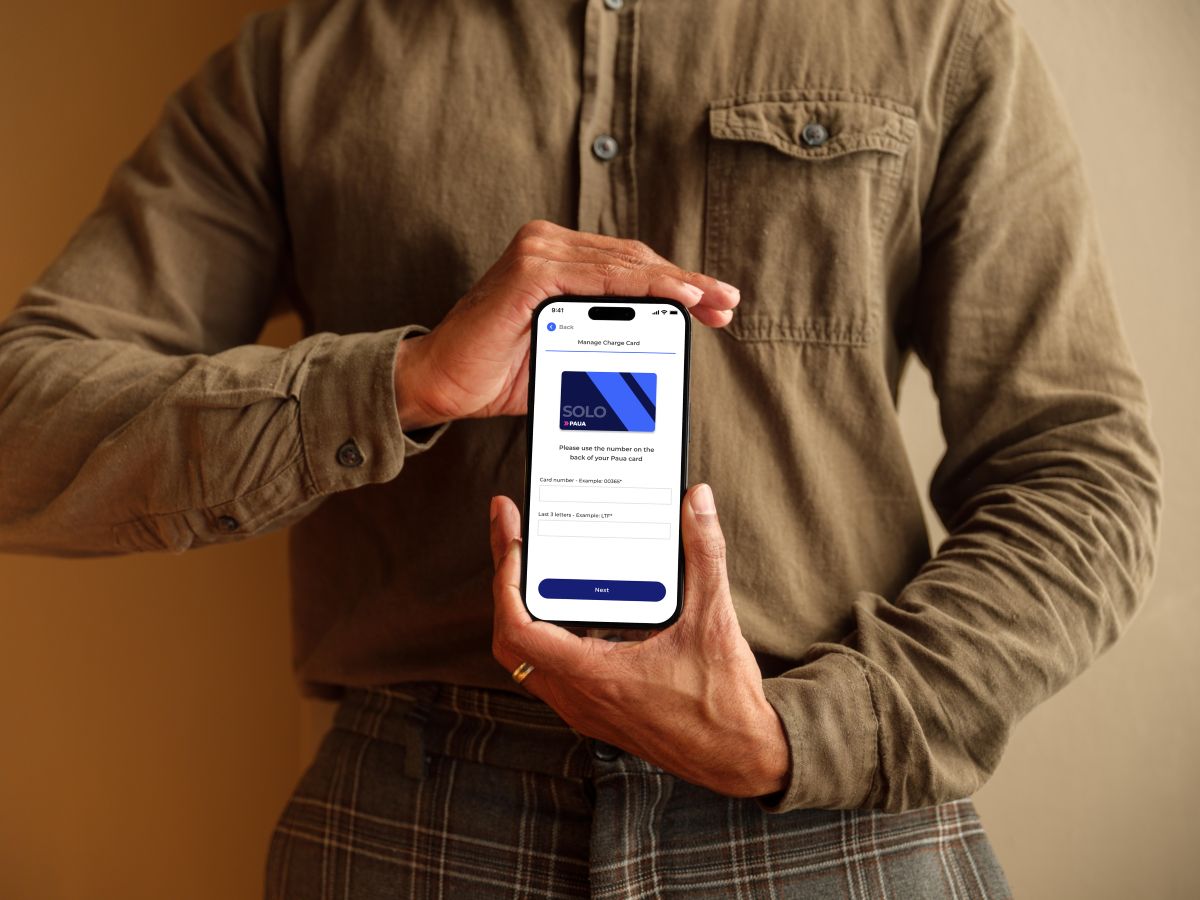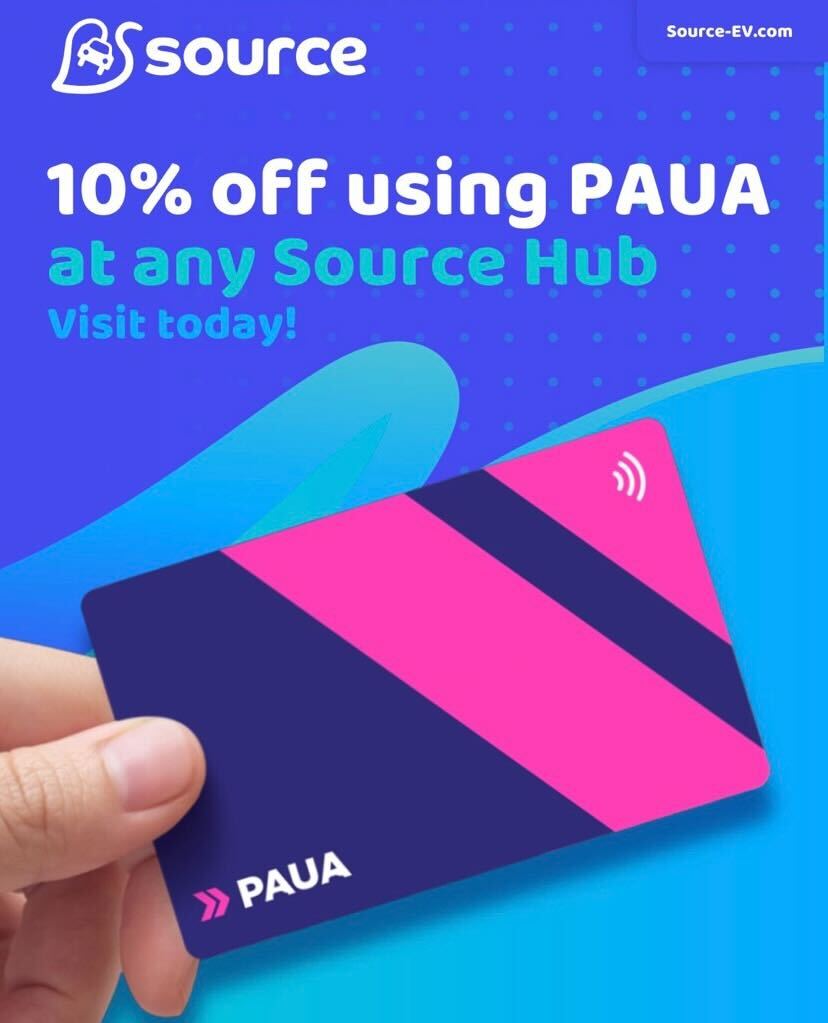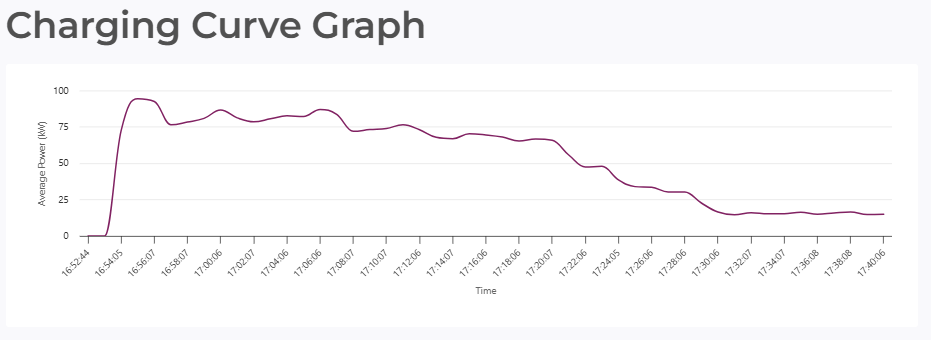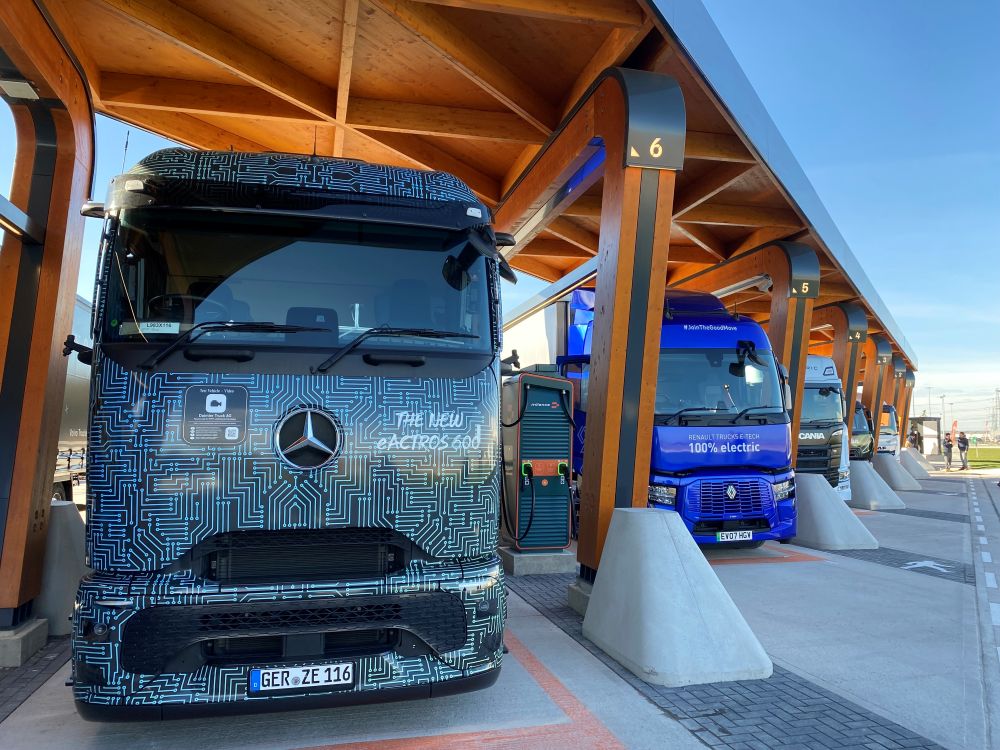TL;DR
Why Salary Sacrifice EV Schemes Aren’t Fair Without Public Charging
Paua introduces why a salary sacrifice scheme needs a salary sacrifice EV charge card.
The Two-Tier Problem
Salary sacrifice car schemes have become oneof the most powerful ways to help employees step into an electric vehicle (EV).They use tax efficiencies to cut the cost of leasing an EV, often by as much as 40–60%. On paper, everyone wins.
But in practice, these schemes have a blindspot: not every employee can access cheap charging at home.
- Research shows that up to 44% of UK homes lack off-street parking
- Even where parking exists, landlord restrictions or physical barriers may prevent the installation of a home charger.
- That leaves nearly half the workforce unable to benefit from the cheapest energy rates.
The result? A two-tier employee experience:
- James with a driveway plugs in overnight at 7p/kWh electricity and enjoys rock-bottom running costs.
- Sarah in a flat is left to rely on more expensive public charging, sometimes paying ten times as much
When a benefit isn’t equally accessible, it undermines fairness; and risks employee disengagement.
Why It Matters to Employers
At first glance, this might seem like the employee’s problem. But unfairness in a workplace benefit quickly becomes the employer’s headache.
- Reduced uptake:If renters feel excluded or penalised, they’re less likely to join the scheme. That means fewer EVs on the road and less progress toward sustainability goals.
- HR headache; A benefit that divides employees into “haves” and “have nots” can harm morale and reduce the perceived value of the scheme.
- ESG credibility: Employers promising to support the green transition risk criticism if half their workforce can’t access the benefit fairly.
Put simply, fairness is not just an ethical consideration; it’s good business.
The Financial Reality
The cost gap is stark:
- Home charging can be as low as 2p per mile.
- Public ultra-rapid charging can reach 24p per mile in some cases even more expensive than diesel
According to research, three in four EV drivers see high public charging costs as a barrier to adoption
For those without home charging, this isn’t just a perception; it’stheir everyday reality.
Employers who want their salary sacrifice schemes to deliver on promises need a way to level this playing field.
How Paua Solo Closes the Gap
This is where Paua Solo comes in. Paua Solo is a salary sacrifice EV charge card. By bundling public charging into salary sacrifice schemes, Paua ensures that all drivers benefit equally, not just the ones with driveways.
- Fairness unlocked: Every employee, regardless of living situation, gets the same opportunity to charge affordably.
- Up to 62% savings: By deducting public charging through salary sacrifice, drivers can cut costs dramatically
- Simplicity built in: One card, one app, one monthly deduction. Paua handles billing, VAT, and reporting removing this from an employer’s admin headache.
- Network confidence: With access to over 67,000 connectors across the UK (including 80% of rapids – Aug 2025), drivers are never left stranded.
For employers, this means the scheme is more attractive, more equitable, and easier to manage.
A Tale of Two Drivers
Imagine two colleagues, Sarah and James.
- James with a driveway: He plugs in overnight at home and enjoys very low charging costs. His EV is a clear win.
- Sarah in a flat: Without a driveway, she’s stuck with expensive public charging. Her “benefit” feels like a burden.
Now add Paua Solo into the picture:
- Sarah gets the same savings through salary sacrifice as James, accessing public charging with up to 62% off.
- James still enjoys his home charging, but Sarah now feels included and the employer has delivered a fair benefit for both.
Unlocking the Other 44%
Employers who address this fairness gap also unlock a major growth opportunity. Currently, schemes focus on the 56% of drivers with off-street parking. With Paua, employers can extend their reach to the 44% who don’t
Without accessing the 44% who don’t have access to charging a business caps its ability to deliver a 100% transition to electric
Fairness, it turns out, is not just good for employees; it’s great for business.
Conclusion
Salary sacrifice EV schemes are one of the most exciting workplace benefits of the decade. But without a solution for public charging, they risk leaving half the workforce behind.
By integrating Paua Solo, employers can:
- Make EV benefits fair for every driver
- Save employees up to 62% on charging
- Boost uptake and hit sustainability goals
It’s simple, cost-effective, and equitable. In short: exactly what salary sacrifice should be.





